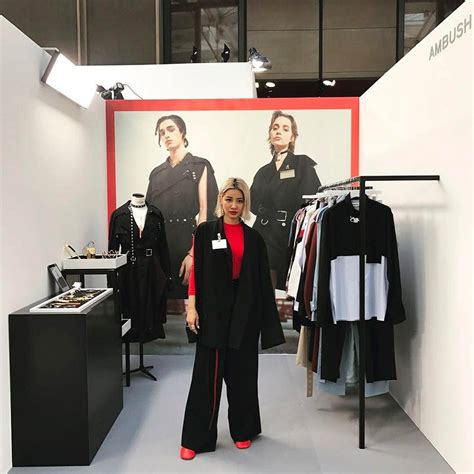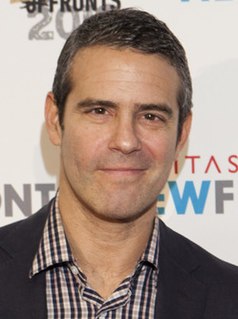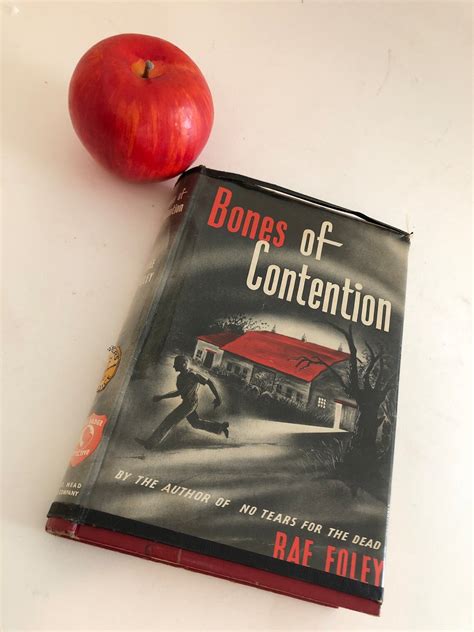A Quote by P. J. O'Rourke
One of these suburbs is actually named Stalingrad, which goes to show that the French have learned nothing about politics since they guillotined all the smart people in 1793.
Related Quotes
I love a smart, well-written show, and '30 Rock,' well, you can't get any better than that. Tina Fey poos funny. There's nothing that she does that isn't funny. That show is an example of how brilliant she is. It's so smart. They've done some brilliant commentary about the 'Housewives' with 'Queen of Jordan,' their show-within-the-show.
I think, about the distinction between fiction and nonfiction. Fiction is not really about anything: it is what it is. But nonfiction - and you see this particularly with something like the BBC Samuel Johnson Prize for Non-Fiction - nonfiction we define in relation to what it's about. So, Stalingrad by Antony Beevor. It's "about" Stalingrad. Or, here's a book by Claire Tomalin: it's "about" Charles Dickens.
The new freedom of expression brought by the Internet goes far beyond politics. People relate to each other in new ways, posing questions about how we should respond to people when all that we know about them is what we have learned through a medium that permits all kinds of anonymity and deception.
When I am with French people, I am not aloof because I belong to them. My view is that the French president belongs to the French people, because he emanates from them. What I do is this: I am putting an end to the cronyism between politics and the media. For a president, constantly speaking to journalists, constantly being surrounded by journalists, has nothing to do with closeness to the people. A president should keep the media at arm's length.
It's interesting, because I named my first album after my dad because I wanted to find him. My second album was named after my mom because I felt like I learned all my creative talents I learned from her. All the survival stuff, too. And then the next album is 'Maya,' which is not my real name. It's fake.
I worry more about the marketing that's taken hold since the 70s. The Jazz era, the Swing era, those were huge. Entire decades were named for music. In the 1940s - after World War II - changes in taxation, ballrooms closing, people moving to the suburbs, and the onset of target marketing and the confusion of commerce with art caused some things to happen as a result that have taken us away from jazz and what jazz offers us.


































